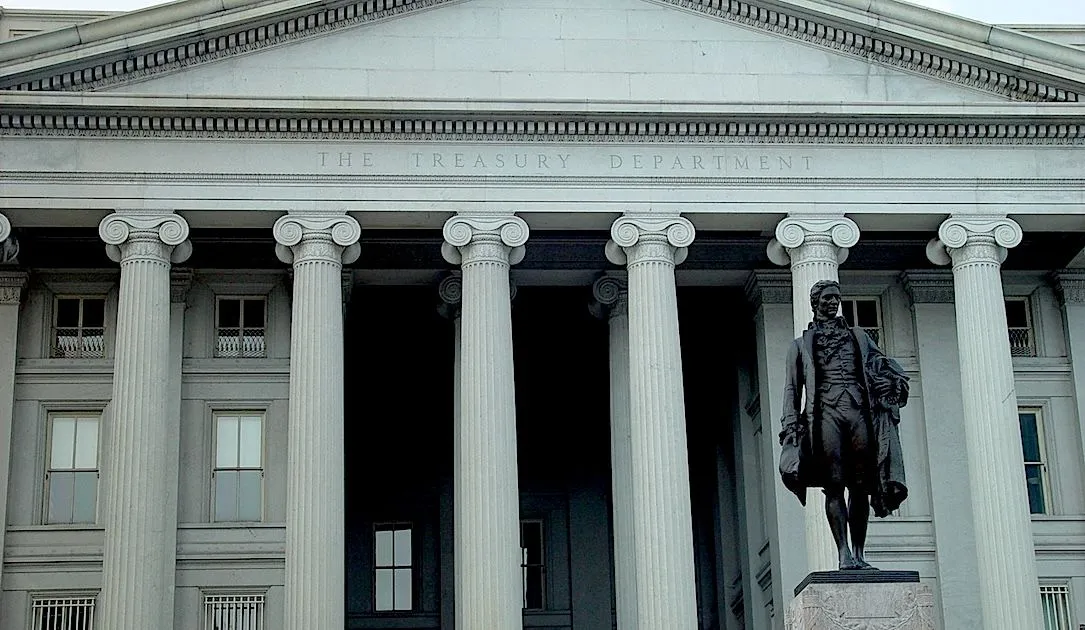The U.S. Treasury Department has taken decisive action against entities allegedly spreading disinformation ahead of the 2024 presidential elections, believed to be acting on behalf of Russia and Iran’s intelligence services. This move is part of a series of measures by the Biden administration aimed at holding Moscow and Tehran accountable for purported election interference and influence campaigns targeting American voters.
In a significant development, the Treasury Department has imposed sanctions on the Moscow-based Center for Geopolitical Expertise (CGE), which has been linked to the dissemination of deepfakes and false information about candidates in the upcoming U.S. general election. Founded by Aleksandr Dugin, previously sanctioned for his involvement in recruiting fighters for the Donetsk People’s Republic in Ukraine, the CGE is accused of collaborating with a Main Intelligence Directorate (GRU) unit overseeing sabotage, political interference, and cyberwarfare against Western targets.
Furthermore, the agency has also targeted the CGE’s director, Valery Korovin, a prominent Russian nationalist, for his role in promoting disinformation. According to the Treasury Department, the organization utilized generative AI to create and distribute misleading content through a network of websites posing as legitimate news sources. Allegations suggest that the GRU provided financial backing to facilitate these operations, including maintaining servers for AI support, managing a network of over 100 disinformation websites, and covering the rent for the server’s housing location.
One specific incident cited by Treasury involved the manipulation of a video regarding an unnamed vice presidential candidate, with the aim of sowing discord among the U.S. electorate. This tactic is reminiscent of a fake viral video alleging misconduct by Democratic vice-presidential nominee Tim Walz, implicating the CGE as the likely culprit behind the misinformation campaign. Investigations based on leaked intelligence documents indicate that the propagandist responsible for the video was receiving support from the organization and reporting directly to Korovin.
In addition to the actions against the Russian entity, the Treasury Department also sanctioned the Cognitive Design Production Center, described as a subsidiary of the IRGC and involved in influencing socio-political tensions within the U.S. electorate leading up to the 2024 elections. This move follows previous sanctions imposed on an Iranian cybersecurity company and its employees over allegations of election interference through hacking media outlets, stealing voter data, spreading disinformation, and sending threatening emails to voters following the 2020 presidential election.
The recent sanctions highlight the ongoing efforts by the U.S. government to counter foreign interference in electoral processes and safeguard the integrity of American democracy. By targeting entities engaged in spreading disinformation and manipulating public opinion, authorities are sending a clear message that such activities will not be tolerated, and those responsible will face consequences for their actions.


